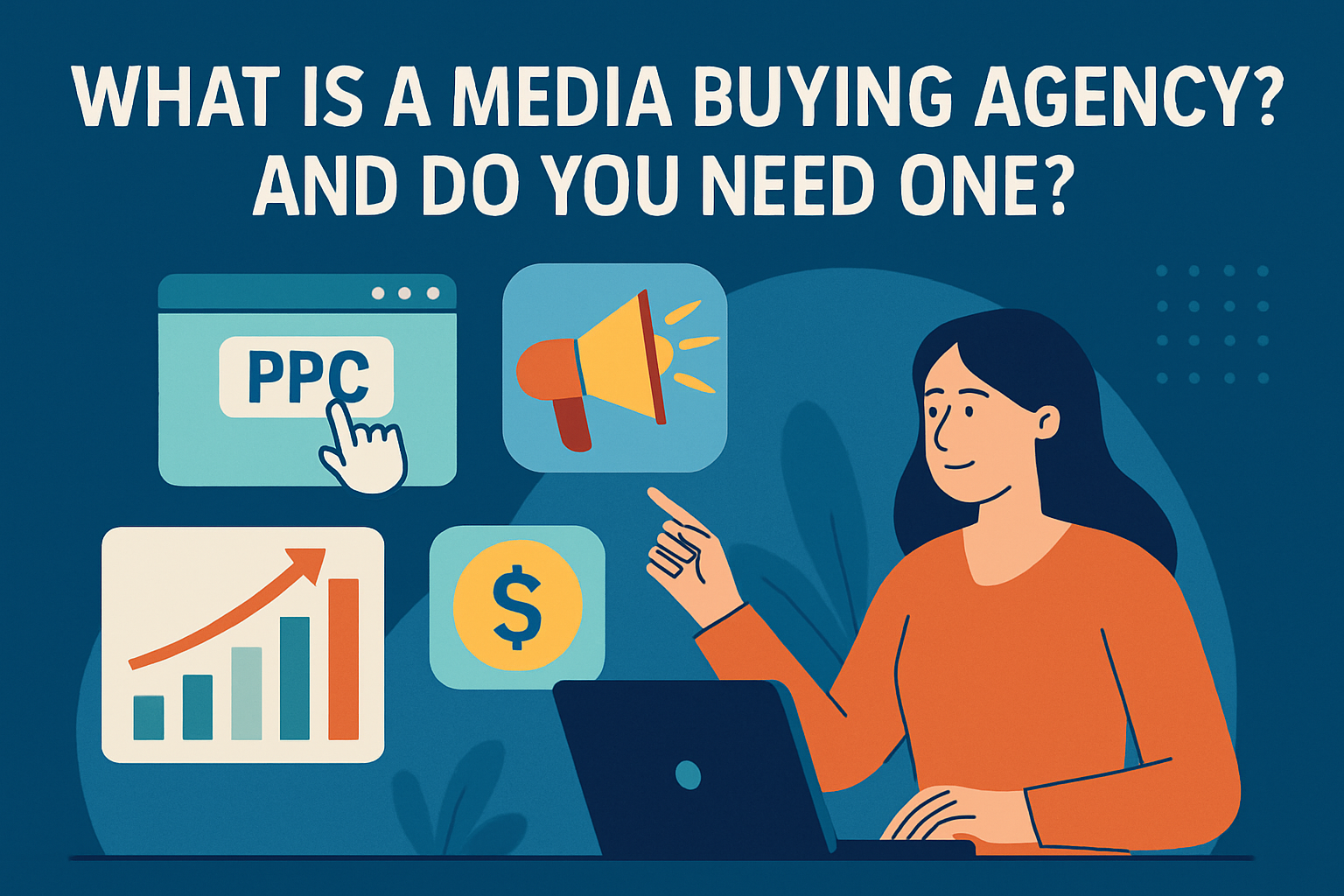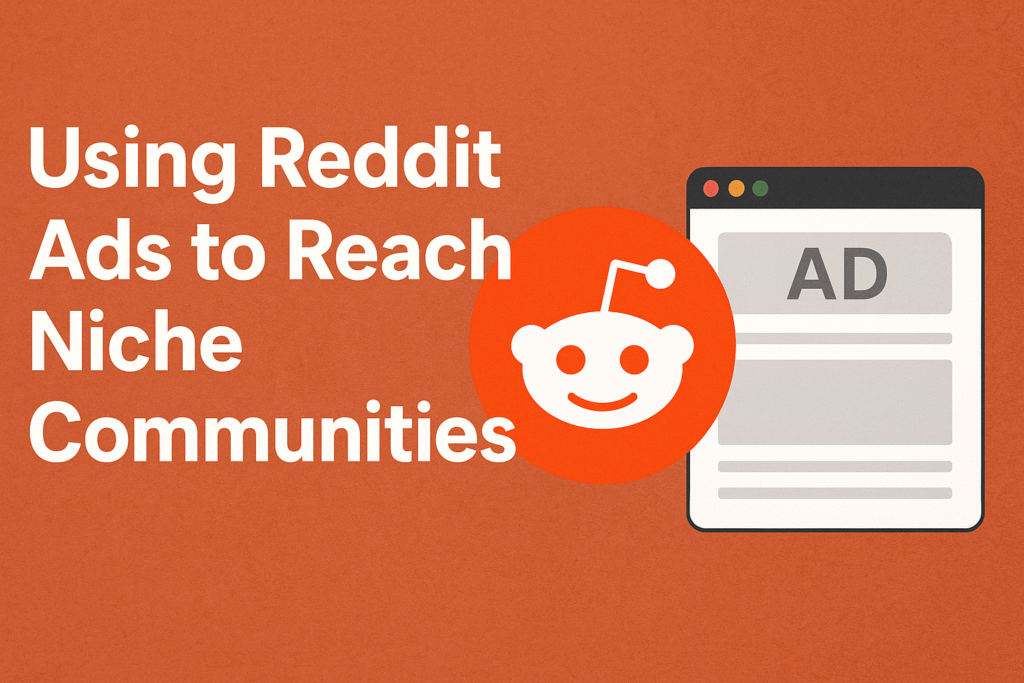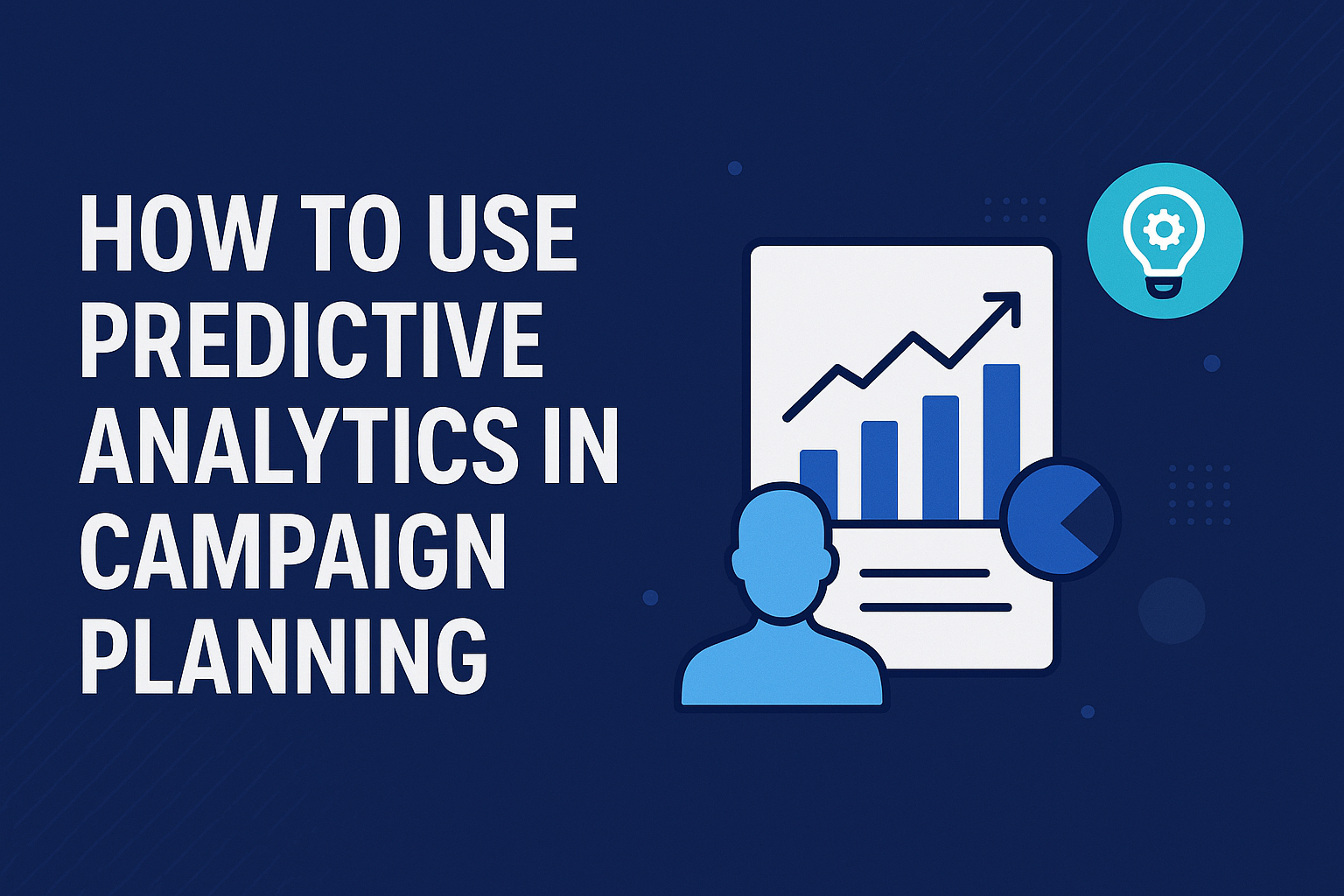
The Rise of the Media Buying Agency
As digital advertising grows more complex, brands are turning to specialists to manage their ad spend and maximize returns. Enter the media buying agency, a team of experts focused on purchasing and optimizing advertising space across digital and traditional channels. But what exactly does a media buying agency do? And how do you know if your brand needs one?
This article unpacks the core functions of media buying agencies, how they differ from ad agencies, and what benefits they offer for performance-driven brands.
What Is Media Buying?
At its core, media buying is the process of purchasing ad placements that reach your target audience at the right time and place. It involves negotiating costs, choosing ad platforms (like Google, Meta, YouTube, or programmatic networks), and optimizing placements to ensure maximum return on investment (ROI).
There are two types of media buying:
- Direct media buying: Involves negotiating directly with publishers or platforms.
- Programmatic media buying: Uses AI and real-time bidding to automate buying across a vast network of inventory.
In both cases, the goal is the same. Get the best possible ad exposure at the lowest possible cost.
What Does a Media Buying Agency Do?
A media buying agency handles the planning, purchasing, and optimization of ad space on behalf of a client. They are specialists in navigating advertising platforms, understanding audience data, and negotiating media costs to deliver better performance outcomes.
Here’s what a full-service media buying agency typically does:
1. Media Planning
Before any ads are bought, the agency defines your ideal target audience, budget, and campaign goals. They use audience research, first-party data, and competitor analysis to decide where, when, and how ads should run.
2. Platform Selection
Agencies choose from a range of platforms, including Google Search, YouTube, Instagram, TikTok, programmatic display, OTT, and even offline media like radio or TV, based on what aligns best with your target audience and goals.
3. Media Buying & Negotiation
Whether through direct deals or programmatic channels, agencies negotiate for the best ad inventory and rates. Experienced buyers leverage volume buying, long-term relationships, and platform know-how to reduce CPMs (cost-per-thousand impressions) and CPCs (cost-per-click).
4. Campaign Setup & Optimization
Media buyers build out ad campaigns with tailored audience targeting, ad formats, placements, and bidding strategies. Then they test, tweak, and optimize in real time to drive better ROAS (return on ad spend).
5. Reporting & Analytics
Finally, agencies provide detailed reports on ad performance, including impressions, clicks, conversions, CPA (cost per acquisition), and more. They translate complex data into clear insights and recommendations.
Media Buying vs Media Planning: What’s the Difference?
While often used interchangeably, media planning and media buying are two distinct steps in the paid advertising process:
| Media Planning | Media Buying |
|---|---|
| Strategy-focused | Execution-focused |
| Identifies where and when to advertise | Secures ad placements |
| Uses audience research and media forecasts | Negotiates prices and places ads |
| Usually the first step in the process | Follows after planning is complete |
Most media buying agencies offer both services, providing a seamless end-to-end solution.
Who Typically Works in a Media Buying Agency?
A media buying agency is a multidisciplinary team built to manage ad operations at scale. Key roles include:
- Media Buyers: Negotiate and purchase ad space.
- Media Planners: Strategize ad placement based on goals and audience.
- PPC Specialists: Focus on pay-per-click platforms like Google Ads and Bing.
- Programmatic Traders: Run DSPs and manage automated buying.
- Account Managers: Serve as the client’s main point of contact.
- Data Analysts: Track performance, analyze trends, and optimize campaigns.
The Benefits of Hiring a Media Buying Agency
Still wondering if you need a media buying agency? Here’s how they can add value:
1. Expert-Level Strategy
Most brands don’t have internal media buyers or strategists. Agencies bring experience across industries and channels, ensuring your strategy is current, efficient, and optimized for scale.
2. Cost Efficiency
Agencies buy media in bulk and often access lower CPMs or CPCs thanks to relationships and volume discounts. They know how to avoid wasted ad spend and deliver a better ROAS.
3. Advanced Tools & Platforms
Media buying agencies use sophisticated tools such as DSPs, ad servers, analytics platforms, and A/B testing tools that many brands can’t afford or don’t know how to use in-house.
4. Faster Optimization Cycles
With dedicated campaign managers monitoring daily, media buying agencies can make fast data-backed decisions. This means better performance over time.
5. Full-Funnel Coverage
Whether you’re driving awareness, generating leads, or closing sales, agencies can tailor the media plan to meet your business objectives at every stage of the customer journey.
Types of Media Buying Agencies
1. Digital-Only Agencies
These agencies focus exclusively on platforms like Google, Meta, YouTube, TikTok, and programmatic display. They’re ideal for eCommerce, SaaS, or DTC brands.
2. Traditional + Digital Agencies
They handle both offline (TV, radio, print) and online media. Suitable for larger brands that require multichannel reach.
3. Niche Performance Agencies
Agencies like Connect Digital Ventures focus on performance marketing, combining data, creativity, and paid ads to drive ROI. These are best for businesses looking to scale quickly through digital acquisition.
How to Choose the Right Media Buying Agency
Here are 6 factors to consider:
- Experience in Your Industry
Choose agencies that understand your audience, vertical, and challenges. - Transparency in Reporting
You want access to data, not just “vanity metrics.” - Performance Track Record
Look for real case studies, not just flashy decks. - Cross-Platform Capabilities
Your audience is everywhere. Your agency should be too. - Creative + Data Balance
Media buying is half science, half art. The best agencies combine both. - Client Fit
Culture, communication style, and responsiveness matter. This is a partnership, not a project.
Signs You Need a Media Buying Agency
You might benefit from partnering with a media buying agency if:
- Your in-house team is overwhelmed or lacks platform expertise.
- You’re scaling spend but not seeing proportional results.
- You’re launching into new markets or channels.
- Your CAC (customer acquisition cost) is rising.
- You’re running ads but can’t clearly measure ROI.
How Media Buying Fits Into a Full Service Marketing Strategy
A strong media buying strategy doesn’t exist in isolation. It supports and amplifies your brand messaging, landing pages, creative assets, and retargeting flows.
Here’s how it ties together:
- Creative Strategy: Media buyers test which creatives perform best, feeding insights back to the content team.
- Conversion Rate Optimization (CRO): Media agencies often collaborate with CRO experts to improve landing page performance.
- Email & Retargeting: The best agencies ensure ad traffic is captured, segmented, and nurtured post-click.
- Analytics: From pixel placement to attribution modeling, measurement is everything.
When executed well, media buying can become the engine behind long-term brand growth and revenue.
Frequently Asked Questions
1. What is the difference between a media buying agency and a digital marketing agency?
A digital marketing agency offers a broad range of services including SEO, content, email, and social, while a media buying agency specializes in paid advertising placements and optimization. Some full-service agencies offer both.
2. How much does it cost to hire a media buying agency?
Costs vary by scope, but most agencies charge a percentage of ad spend (typically 10–20%), a flat fee, or a hybrid model. High-volume clients may receive discounted rates or custom packages.
3. Do media buying agencies handle creatives?
Some do, especially performance-focused agencies. Others work alongside your in-house team or creative agency. The best agencies provide creative feedback based on data and A/B testing.
4. Can a media buying agency help reduce my ad spend?
Yes. While the agency itself costs money, its optimization skills can drastically improve ROAS, reduce waste, and scale results efficiently. Over time, the net savings can far outweigh the fees.
5. How long does it take to see results?
Performance timelines depend on your industry, budget, and funnel. But most clients begin seeing measurable improvements within 4 to 8 weeks of starting with a media buying agency.
6. Should startups hire a media buying agency?
If you’re launching a product, validating a funnel, or scaling fast, an agency can shortcut your learning curve. But be clear about goals and budget before investing.
Do You Really Need a Media Buying Agency?
If your brand relies on paid media to drive leads, sales, or traffic, then yes, a media buying agency can be a game-changer. The combination of expertise, tools, optimization, and cost savings makes it a smart investment for brands looking to scale efficiently.
But not all agencies are created equal. Find one that fits your needs, aligns with your goals, and treats your budget like their own.
At Connect Digital Ventures, we help brands unlock paid performance through smart strategy, media buying, and creative insights. If you’re ready to take your advertising results to the next level, let’s talk.



